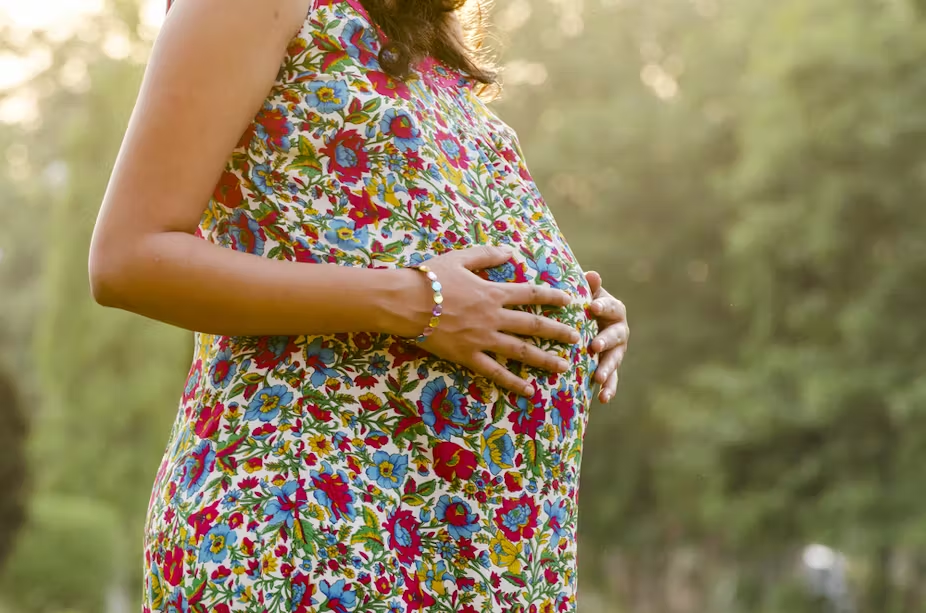Commercial surrogacy, an arrangement where the surrogate is paid more than their reasonable expenses, is illegal in all Australian States and Territories. Although some countries permit commercial surrogacy arrangements, you should obtain legal advice both in your home State/Territory, as well as the country in which the surrogate mother is resident. Different laws apply depending on which State/Territory you reside in, and parties seeking to enter into commercial surrogacy arrangements may face legal issues when they are back in Australia. A recent decision of the of the Federal Circuit and Family Court of Australia has highlighted these issues.
A recent example – Lloyd & Compton [2025] FedCFamC1F 28
The facts
In January 2025, the Honourable Justice Carew handed down a decision which referred two applicants in an adoption matter to authorities for consideration of whether they should be prosecuted under Queensland law for entering into a commercial surrogacy agreement.
The baby, X, was born in Cyprus in 2024 under a commercial surrogacy agreement between the applicants and a company. The surrogate was not a party to that agreement under which the applicants paid at least EUR84,000. The surrogate did enter into a separate agreement with the company, however that agreement was not in evidence before the Court. She underwent counselling and legal advice prior to entering into the agreement, but the Court was not satisfied that this was independent, having been organised by the company.
The applicants commenced proceedings in the Court seeking orders for parental responsibility and for the child to live with them, as well as leave to commence proceedings to formally adopt the child. The surrogate mother submitted to the proceedings and did not wish to be heard.
In commencing proceedings, the applicants filed evidence in which they clearly admitted that they had committed a criminal offence in Queensland by entering into the commercial surrogacy arrangement.
Questions of law
Under the Family Law Act 1975 (Cth), a parenting order can only be made in favour of a parent of the child, or some other person, including someone concerned with the care, welfare, or development of the child (ss 6C and 65C).
To determine whether a person is a parent of a child in relation to children born under surrogacy arrangements, the Court looks to s 60HB of the Act, which requires a parentage order to have been made under State or Territory legislation. A parentage order transfers parentage from the surrogate and her partner to the intended parents. As no order had been made, the applicants did not have the right to bring proceedings in the Court, as parents.
Although one may think that the applicants were concerned with the “care, welfare, and development of the child”, her Honour considered that evidence was needed to establish this fact, including:
- The current circumstances of the applicants and the child, as well as their plans if they were to be prosecuted and imprisoned for entering into a commercial surrogacy agreement;
- Evidence of the child’s Australian citizenship;
- DNA evidence confirming no genetic links between the surrogate and child;
- Expert evidence of Cypriot law in relation to commercial surrogacy;
- Evidence from the surrogate about her circumstances and the remuneration she received;
- Medical evidence corroborating the applicants’ history of inability to have a child; and
- An assessment from a Family Report writer as to the suitability of the applicants as carers.
Furthermore, the Court was not convinced that it was in the best interests of the child to make the orders sought, given there was no evidence in relation to the factors above.
Not only did the Court decline to make the order sought by the applicants, they have now been referred to authorities to consider whether they should now be prosecuted. The lawyer for the applicants has also been referred to the NSW Legal Services Commissioner, to determine whether they breached their obligation to provide competent legal services in allowing their client to file evidence that clearly showed they committed a criminal offence.
Conclusion
Commercial surrogacy arrangements remain, in general, illegal under State and Territory laws throughout Australia. An important distinguishing factor in this case, however, was that in Queensland (as well as the ACT and New South Wales), the laws regulate international arrangements. In Victoria, however, under which a similar case (Bernieres & Dhopal [2015] FamCA 736) was decided, surrogacy laws do not apply to overseas arrangements. It is therefore vital that parties considering surrogacy arrangements obtain proper legal advice before proceeding.

